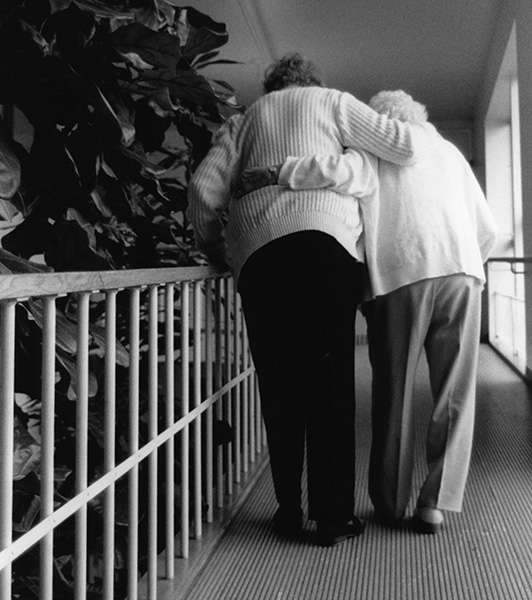EQUALITY IN MENTAL HEALTH SUPPORT
I write this from a personal experience of receiving support from one or two kind people in particular—people who became dear to me. And I wonder if there might be other good Christian individuals like them who mean well when caring for a person with mental health issues, only to have the relationship go sour.
It’s commendable for kind individuals to want to follow Jesus and treat us with a Christlike spirit. Unfortunately, some go too far. Problems arise when they make the mistake of treating us differently than others. They may unconsciously set us apart, giving us more attention than is our due.
Such support givers don’t realize that treating us that way causes us to feel looked down on, small, less than others. Having one person receiving all the care while the other is doing all the giving, makes for an unequal situation that doesn’t help a person’s self-esteem.
A common problem for many with lived experience is that they lacked the nurturing they should have had as children. When they receive “godly” love that might be excessive in the form of attention, hugs, and kind words, they may come to look upon their caregivers as mother or father figures. They come to feel like the children they once were, relieved to have their hunger for attention satisfied.
Such a caring spirit could be looked upon as “godly.” But, as I ask here: “Is that really such a good thing?” Only God can be God and perhaps some of us are trying to do his work for him. In the process, we fail to look at those we support as equals. What they need are brothers and sisters, not parents. They need supporters who might be willing to include them in a normal part of their life.
If you are a support giver, encouraging the troubled person you are caring for, they might surprise you—one day able and willing to turn the tables and care for you instead. This is what becomes possible when you treat them as equals—as friends. All they need is to be given a chance. Will you give them that chance?
Giving too much attention to a person with lived experience can lead to over-dependence—a difficult problem to deal with once it takes hold. They cling like a young child clings to their mother. The person with such problems should not be the only one blamed for such behavior. Both parties had a part in making such a situation happen. The tragedy comes when their reputation spreads and the poor individual may well be shunned by others who come to fear them.
Maybe we should not even refer to caring for others as “support.” Support suggests that one person stands above another. Wouldn’t the term “companionship” be a better description? As companions, we can regard each other as equals—as a brother, sister, and friend.
Can you find it within yourself to be a companion to those who need extra care? Are you willing to share with them what’s in your heart, as they share with you? . . . as friends would? That would be a relationship that could offer healing. Such a friendship could benefit you both.
marja
Justice for All is now available at https://books.friesenpress.com/store/title/119734000248671635

Leave a Reply